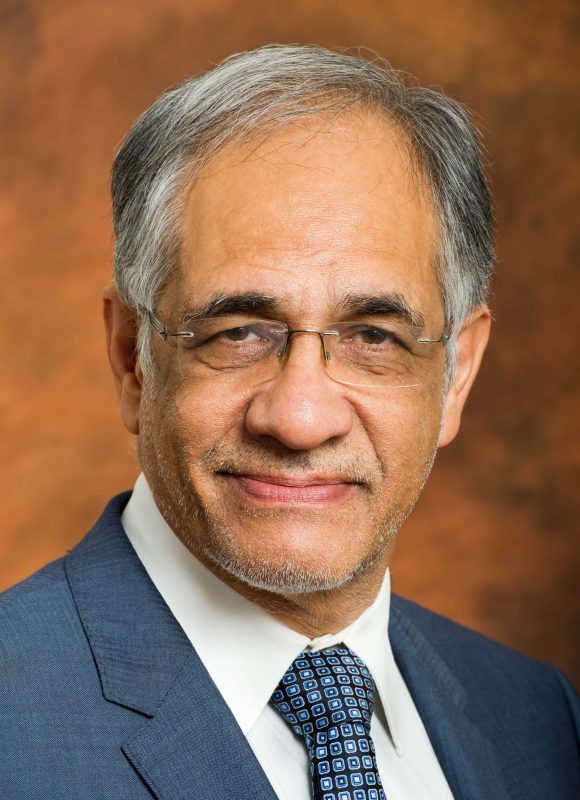PIONEER
Enver Surty

Politician | Negotiator | Constitution drafter
Born : 15 August 1953
“When we submitted the ANC’s proposal regarding the right to respect for human dignity, we ensured that we added the word ‘inherent’ to ‘dignity’, to clearly indicate the self-worth and self-respect imminent in each human being … Given our painful history, it was self-evident that human dignity was a fundamental value that permeates all rights in the interpretation of rights.”
Who is
Enver Surty?
Human rights lawyer and politician who served on various committees during the constitutional negotiations and on the Constitutional Assembly.
Professions
and Roles
Human rights lawyer, politician, educationalist, Deputy Minister of Basic Education.
Best Known For
Member of the Management Committee of the Constitutional Assembly, member of various committees during the constitutional negotiations, including the committee negotiating the Bill of Rights.
Life highlights
- Surty became the Provincial Whip of the North West province in 1996 while the Constitution was being negotiated.
- Surty served as a member of Theme Committee 4 (on Fundamental Rights) during the Constitutional Assembly.
- He served on various select committees: Justice, Safety and Security, Constitutional Affairs, Local Government.
- Surty became a Member of Parliament (MP) in 1994 and served on the National Council of Provinces.
- Surty served as Deputy Minister of Education between 2004 and 2008 and was reappointed to this position in 2009.
- Surty served as Minister of Justice and Constitutional Development between 2008 and 2009.
IN THE WORDS OF OTHERS
“Enver Surty had consistently argued for the horizontal application of the non-discrimination provisions of the Bill of Rights. We had originally argued for only its vertical application (that is binding only on the State) and believed that legislation could deal with the horizontal provision. Surty argued that what we were doing represented a break from our divided past, and that thousands of private citizens were responsible for discrimination. If we were therefore serious about eliminating discrimination we would have to embed the protection in the Constitution. We eventually agreed.”
– Ray Radue, National Party Member of the Constitutional Assembly
Surty has five degrees: a BA, Honours, BProc, LLM, and PGCE.
References
Parliament of the Republic of South Africa (2018) Theme Committee Book Series 1-6
